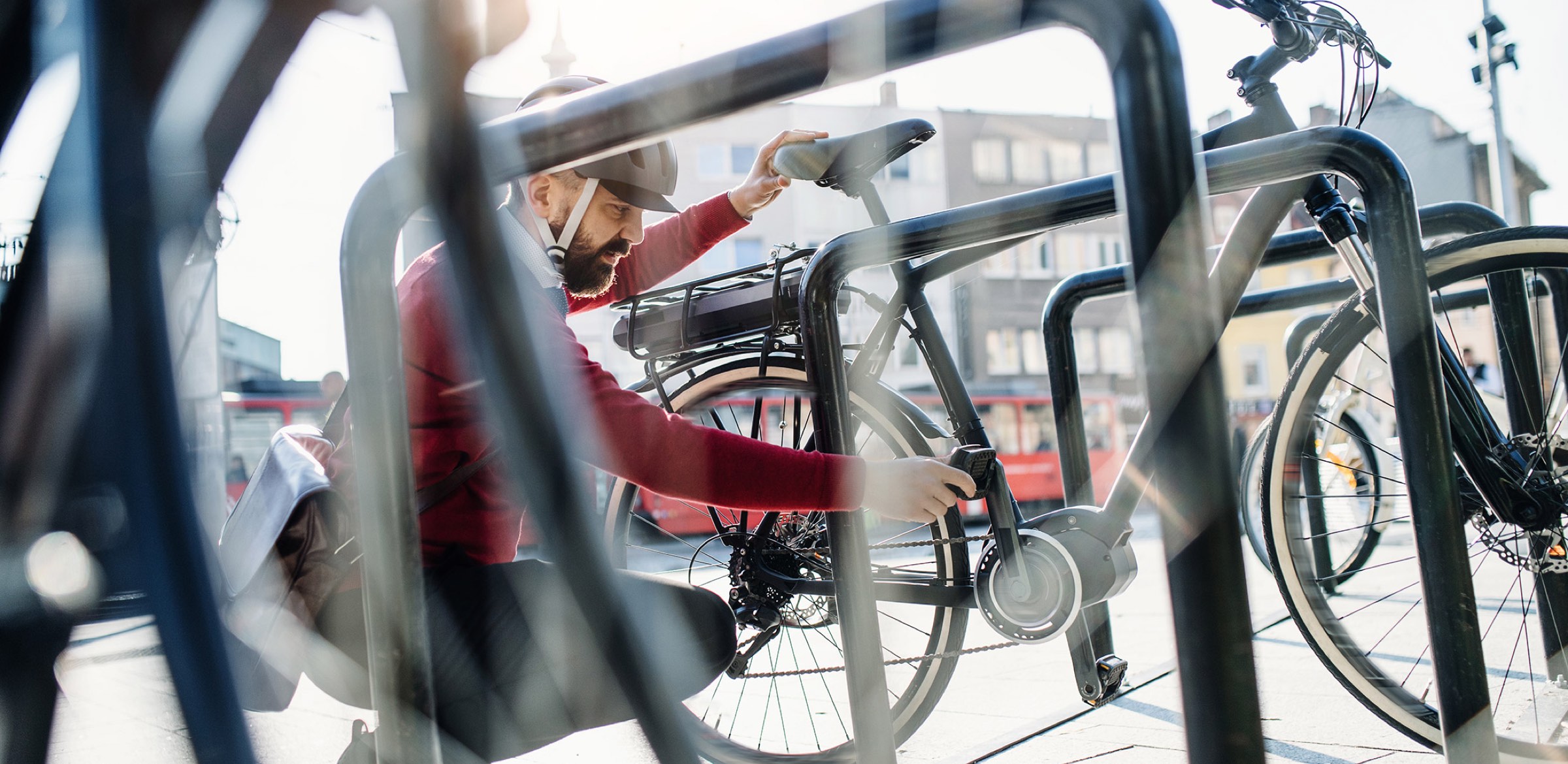
Transportation Modes
Academic lead: Meghan Winters - Simon Fraser University
Partner lead: Nancy Smith Lea - The Centre for Active Transportation
The Transportation Modes working group is documenting the barriers Canadians face in using different modes of transportation (e.g. walk, bike, transit, car), and how people adapt to overcome them.
The broad objectives that the Transportation Modes working group is addressing across the five-year research program are:
1) To understand the experiences of people, especially those experiencing transport poverty, across different modes. For example, what modes do they use? What adaptive practices have they developed to meet their daily travel needs? What is their level of satisfaction with different modes of travel?
2) To evaluate how geographic accessibility varies across travel modes and contexts. For example, how would one measure walking-specific and cycling-specific geographic accessibility? How do mode-specific geographic accessibility measures vary across cities and contexts? (supporting the equity standards work led by Activity 2)
3) To evaluate transportation technology and policy pilots across Canada (supporting the pilot work led by Activity 3)
4) To develop and implement an outreach and engagement strategy for involving local and national organizations
The Centre for Active Transportation (TCAT) is assisting the Transportation Modes work group with Objective 4, in establishing an understanding of community initiatives in Canada that support transport equity and increase modal choice, especially for those experiencing transport poverty. TCAT is researching and engaging with community initiatives in Canada that are addressing transport poverty, and identifying recurring themes specific to transportation mode as well as cross-cutting themes that recur across modes.
Each year, TCAT will organize a series of workshops with the goal of creating an effective two-way communication channel between transportation advocates and MJ researchers. TCAT hopes to further MJ’s understanding about the current on-the-ground priorities, gaps and community initiatives taking place to address transportation equity. The intent is that community organizations participating in the engagement can gain new knowledge and strategies from other community organizations as well as the MJ team, which can assist them in meeting their goals to reduce transport poverty.